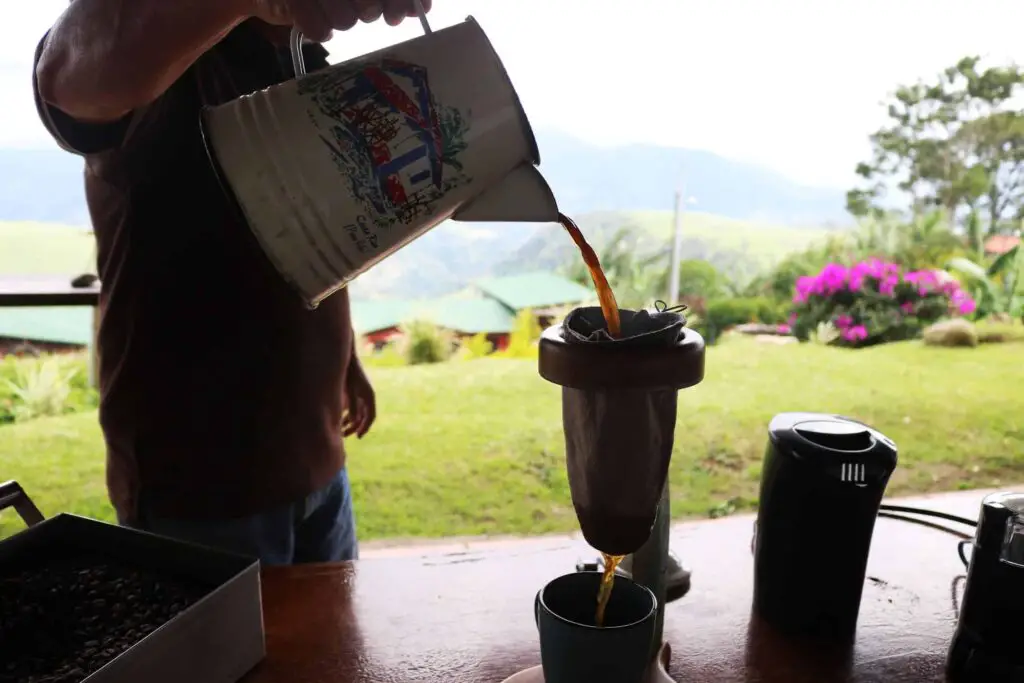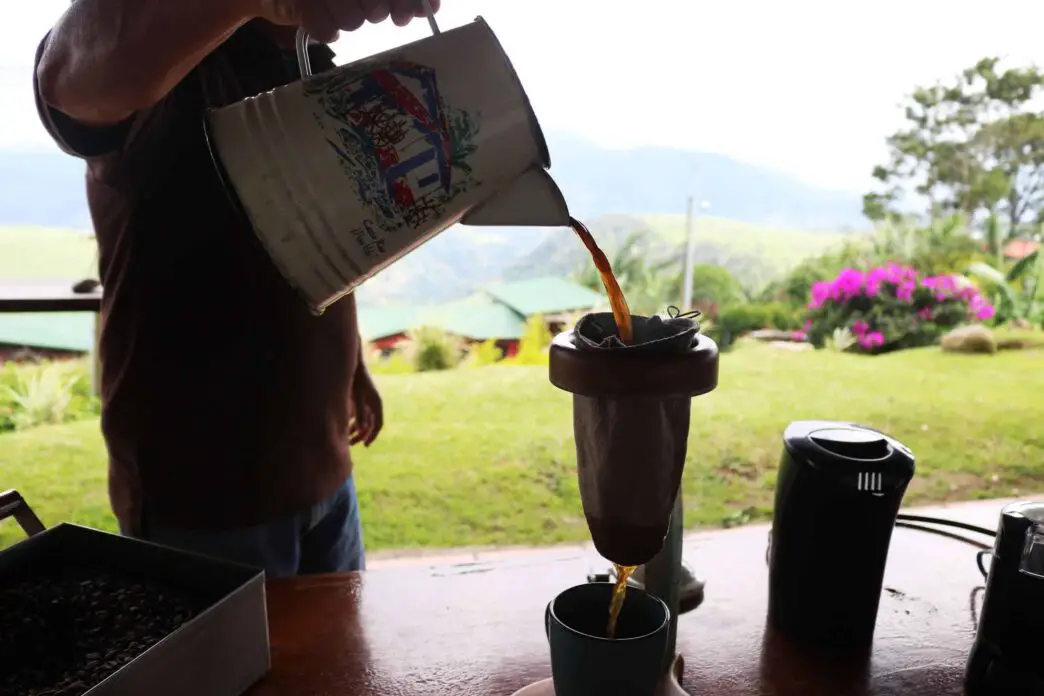
The aroma of freshly roasted coffee beans wafting through misty mountain air, the rhythmic sound of cherries being hand-picked, and the rich cultural traditions surrounding one of the world’s most beloved beverages – welcome to the world of coffee tourism. This growing travel trend combines the passion for exceptional coffee with immersive cultural experiences, taking curious travelers deep into the heart of coffee plantations around the globe.
Coffee tourism, also known as cafe tourism or coffee origin trips, offers more than just a caffeine fix. It presents an opportunity to understand the complex journey from seed to cup, meet the farmers who dedicate their lives to producing exceptional beans, and experience the unique coffee culture that shapes different regions around the world.
Understanding Coffee Origins and Regions
The coffee belt, stretching across continents between the Tropics of Cancer and Capricorn, hosts the world’s premier coffee regions. Each area produces beans with distinct characteristics shaped by altitude, climate, soil composition, and processing methods. From the volcanic soils of Guatemala to the high-altitude farms of Ethiopia, every region tells its own coffee story.
Costa Rica’s Central Valley and Tarrazú regions are renowned for their sustainable coffee practices and exceptional arabica beans. Here, coffee farms have perfected the art of shade-grown coffee, where native trees protect coffee plants while preserving local ecosystems. Similar attention to environmental stewardship can be found in Colombia’s Coffee Triangle, where traditional farming methods have earned UNESCO World Heritage status.
In East Africa, Ethiopia’s Yirgacheffe region beckons coffee enthusiasts to experience the birthplace of coffee itself. Here, ancient coffee forests still grow wild, and traditional processing methods passed down through generations produce some of the world’s most sought-after specialty coffee beans.
The Coffee Farm Experience
Modern coffee tourism goes beyond simple plantation visits. Many coffee farms now offer comprehensive experiences that might include:
| Activity | Duration | Typical Experience Level |
|---|---|---|
| Coffee Picking | 2-3 hours | Beginner |
| Processing Workshop | 1-2 hours | Intermediate |
| Cupping Sessions | 1 hour | Advanced |
| Farm Stay Programs | 2-7 days | All Levels |
| Roasting Classes | 2 hours | Intermediate |
Visitors can participate in every stage of production, from selecting ripe coffee cherries to processing, drying, and roasting the beans. Many farms offer coffee tasting sessions where guests learn to identify subtle flavor notes and understand how different processing methods affect the final cup.
These hands-on experiences provide invaluable insight into the complexity of coffee production and the expertise required to produce specialty coffee. Farmers share their knowledge about sustainable farming practices, organic certification processes, and the challenges of maintaining high-quality standards in an ever-changing climate.
Cultural Immersion and Sustainable Impact
Coffee tourism represents a vital form of sustainable tourism that directly benefits local communities. Many coffee farms are family-owned operations that have been passed down through generations. By opening their farms to visitors, these families can diversify their income while preserving traditional farming methods and cultural practices.
Visitors might find themselves sharing a traditional meal with a farming family, participating in local festivals, or learning about indigenous coffee cultivation techniques. In Guatemala, for example, tourists can experience traditional Mayan coffee ceremonies while learning about ancient agricultural practices that are still relevant today.
The impact of coffee tourism extends beyond the farms themselves. Local communities benefit from increased economic activity, and the direct connection between consumers and producers often leads to fairer pricing for coffee beans. This awareness of coffee origins has contributed to the growth of the specialty coffee market, where quality and sustainability command premium prices.
Sustainable coffee practices have become a central focus of many coffee tourism programs. Visitors learn about organic farming methods, water conservation, biodiversity preservation, and fair labor practices. This education often transforms casual coffee drinkers into informed consumers who better understand the true value of their daily cup.
For those planning their own coffee tourism adventure, consider these essential tips:
- Research harvest seasons in your desired destination
- Look for farms that offer structured tour programs
- Consider combining multiple coffee regions in one trip
- Book through reputable agencies that work directly with farms
- Learn basic coffee terminology before your visit
- Pack appropriate clothing for farm work and varying weather conditions
Coffee tourism offers a unique lens through which to explore the world. Whether you’re a casual coffee drinker or a dedicated enthusiast, visiting coffee farms provides an unparalleled opportunity to understand the complexity of coffee production and the rich cultural traditions surrounding this beloved beverage.
As more travelers seek authentic, educational experiences, coffee tourism continues to evolve. From luxury farm stays to hands-on harvesting experiences, there’s a coffee tour suitable for every interest level and travel style. These journeys not only deepen our appreciation for our daily cup but also help ensure the sustainability of coffee farming for future generations.
Remember, every cup of coffee tells a story – but experiencing that story firsthand through coffee tourism creates memories and insights that last a lifetime. As you plan your next adventure, consider following the path of the coffee bean to discover new cultures, support local communities, and gain a deeper appreciation for one of the world’s most beloved beverages.

